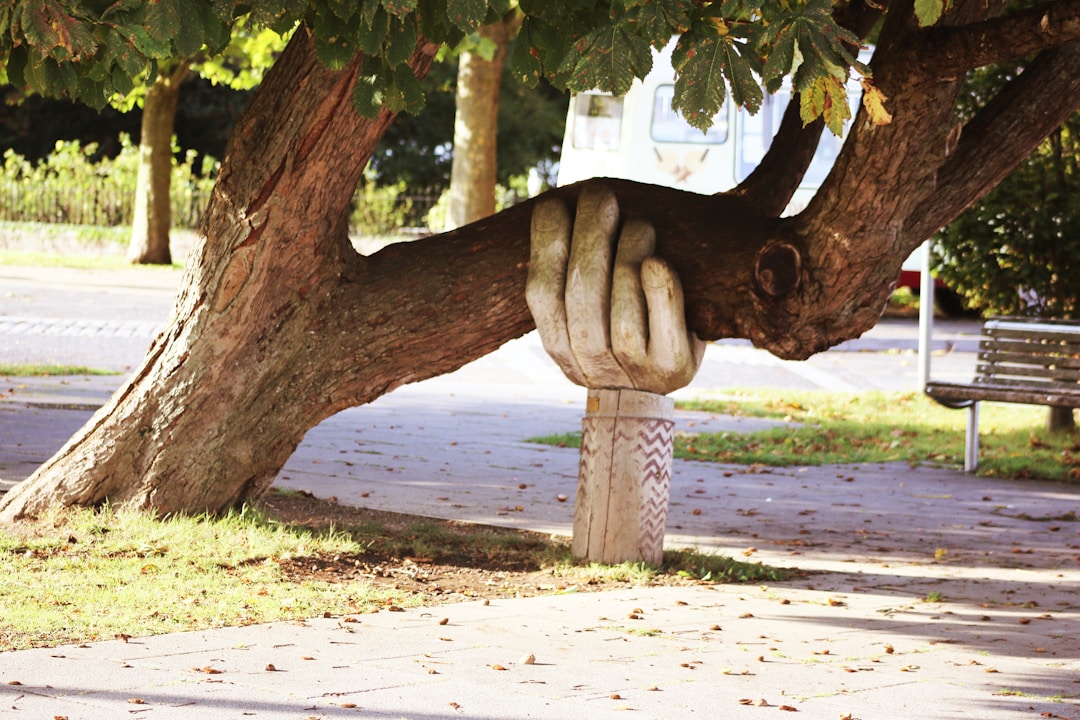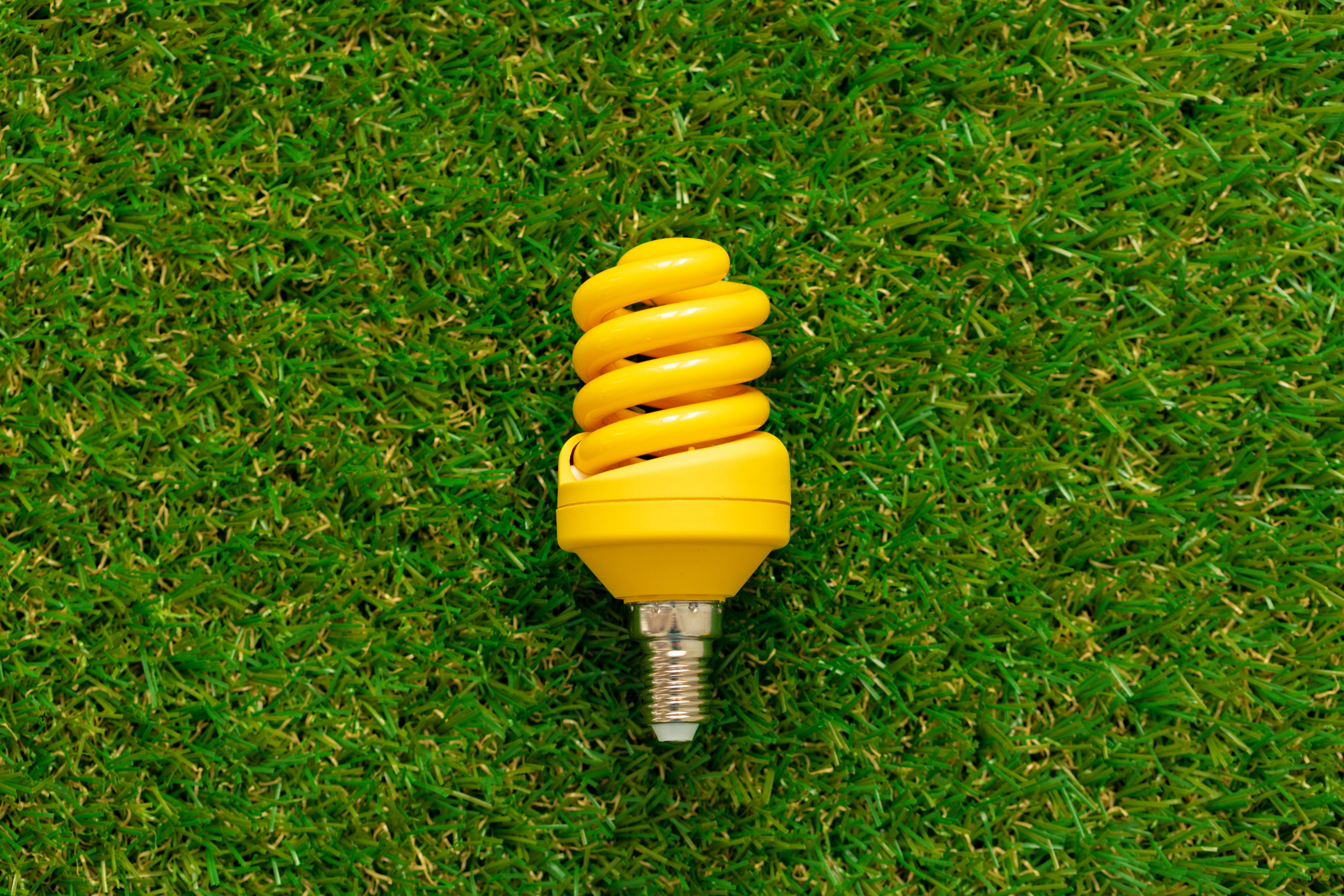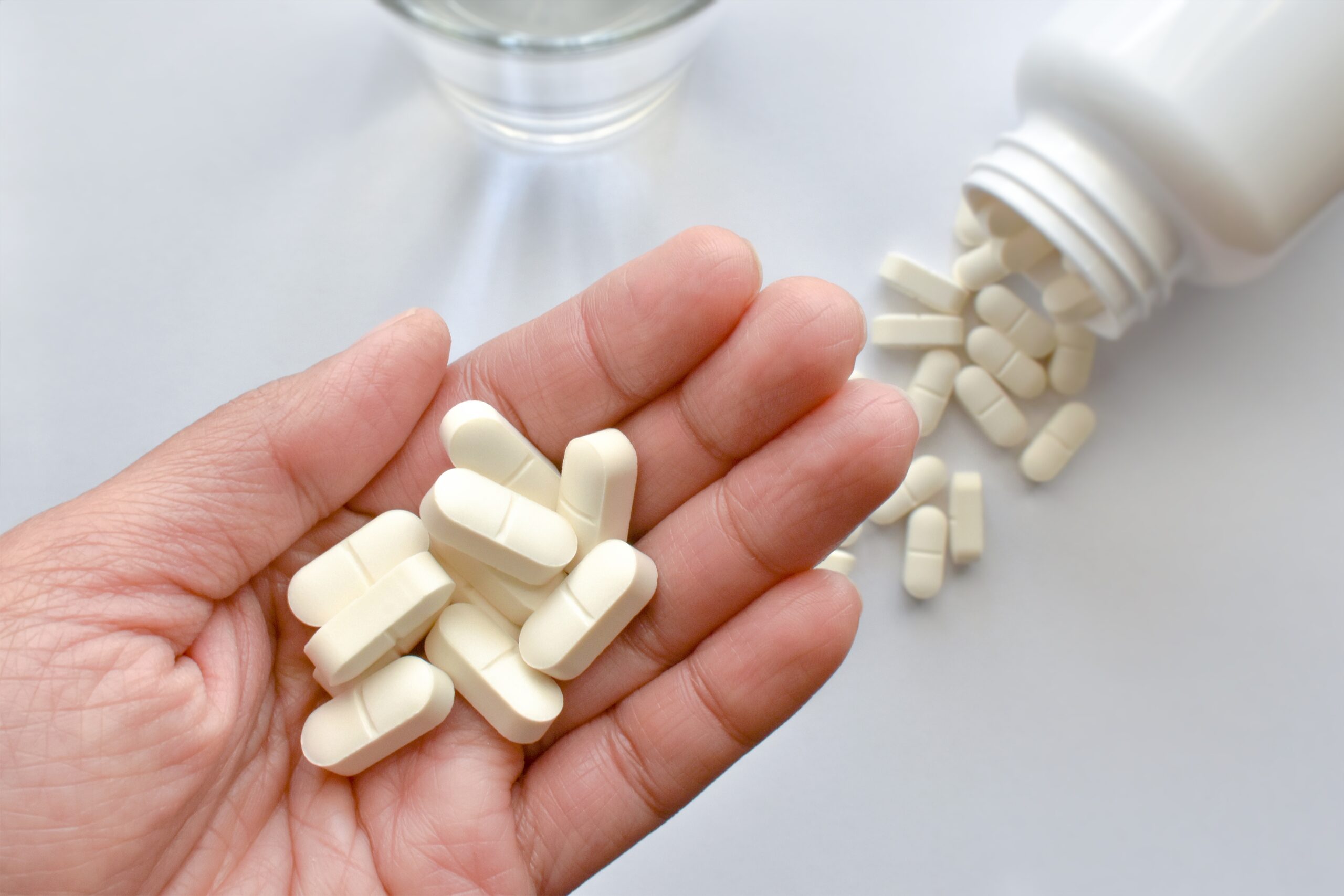Depression is a common mood disorder listed in the Diagnostic and Statistical Manual of Mental Disorders (DSM). The DMS outlines the criteria for diagnosing recognized mental health disorders.
Young adults are more likely to be affected by mental health issues than people in any other adult age category. The Centers for Disease Control and Prevention (CDC) reports that depression, anxiety, and attention-deficit hyperactivity disorder (ADHD) are the most common mental disorders affecting children 17 years of age or younger. Parents can help their teens deal with depression by identifying symptoms and using effective treatment options to address the causes and prevent depression from leading to harmful behaviors.
Depression Symptoms

Crying without provocation is a sign of sadness, which could indicate your teen is struggling with depressive disorder. Other common depression symptoms include unprovoked anger or frustration or extreme frustration or anger over insignificant events.
Young adults with a depressive disorder may also struggle with irritability and hopelessness. If your teenager has low self-esteem or feels worthless, this could indicate they have a mood disorder.
Depression is a mental illness that often prompts people to withdraw from social engagement. It’s common for people with depression to withdraw from friends and family and lose interest in their favorite activities.
Your teen’s mental health struggles can make it hard for them to concentrate, think clearly, and remember things. It’s also common for teens with a depressive disorder to struggle with suicidal thoughts.
Treatment Options

Your activism could make the difference between effectively treating your teen’s depression and coping with harmful behaviors stemming from untreated depression. You can begin by fostering open, non-judgmental communication with your teen. If your teen’s afraid of being ridiculed or punished, they’ll be less likely to discuss their feelings with you.
Google “therapists near me” to learn about mental health professionals in your area who could treat your teen. Seeing a counselor or psychologist is an effective way of enabling your teen to discuss their mental health in a safe environment. Talk therapy, also known as psychotherapy, can help people process their thoughts and identify triggers leading to depressive episodes. A psychiatrist can evaluate your teen to provide a diagnosis and develop a treatment program for their needs.
Your teen may benefit from a family therapy, particularly if their depression is triggered or exacerbated by others in the family. A family therapist can also help your family identify harmful behaviors and reduce triggers.
Some teens benefit from receiving treatment at a residential treatment center. Carry out some research online for teenage depression treatment centers to learn more about residential treatment centers that can provide appropriate care for adolescent patients. Treatment programs may use different therapies to address your teen’s needs, including dialectical behavior therapy and cognitive behavior therapy (CBT). Some facilities may also use art therapy, music therapy, and wilderness therapy to treat depression, bipolar disorder, anxiety, and other common mental illnesses affecting teens.
Causes

Historic misperceptions about mental illness often prevent people from identifying depression or seeking appropriate treatment. Depression is more common with teens who have a family member who struggles with depression. A person’s brain chemistry can also cause depression.
In addition to biological factors, major depression can be triggered by circumstances. Experiencing trauma and learned hopelessness are common causes of major depression. Teens may be more likely to be affected by negative thoughts if they’re regularly exposed to parents or siblings who feel hopeless.
If you’re aware of the potential causes of depression, you can take steps to mitigate the risks by eliminating environmental triggers. If there’s a genetic risk of depression, you can monitor your teen for any signs of depression.
Harmful Behaviors

Depressed teens may develop dietary issues and either stop eating or overeat. Eating disorders can cause muscle loss, fatigue, weight gain, or obesity. Chronic eating disorders can cause serious health issues, such as heart disease or hypertension, and even lead to death.
Suicidal thoughts can lead to suicide. The CDC reported suicide rates among individuals ages 10-24 increased by 57.4 percent between 2007 and 2018.
Substance abuse issues are a common symptom of depression. Many individuals, including teens, try to self-medicate with alcohol or drugs. Left unchecked, this can lead to alcohol or drug addiction.
Your teen may be struggling with depression if they have an eating disorder, have attempted suicide, or use drugs or alcohol. These behaviors could indicate your teen needs to see a psychiatrist immediately to be diagnosed and receive treatment.
Understanding the symptoms and causes of depression will help you identify signs of depression in your teen to ensure you intervene promptly. You can also eliminate environmental triggers that could cause depression. You may also opt to have your teen see a counselor or attend a residential treatment center where they can receive therapy from mental health professionals.


















